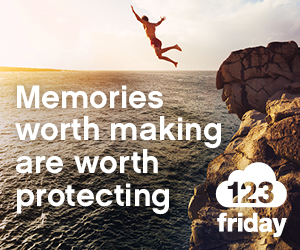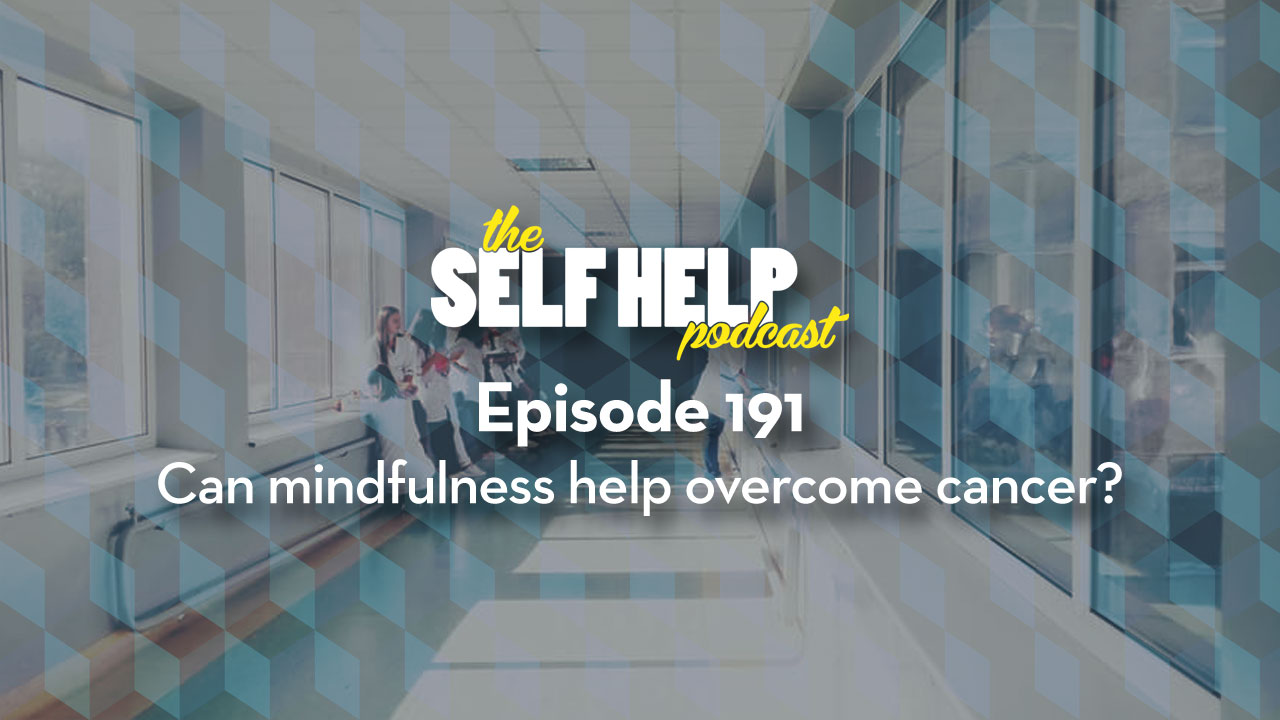Human beings tend to be acquisitive. They gather and collect. Part of this has to be based in our evolutionary past. Most animals survive by the gathering and hoarding of necessary staple supplies. I guess there is little difference between a squirrel burying nuts, a spider trapping a live wasp in its nest and the human being pushing a shopping trolley from the supermarket to increase the stores in their larder.
We do the same with money. While we only need to spend on our needs of the moment yet we store and hoard money in the belief that it will keep us safe at some future date. We say things like…
…save you money for a rainy day!
Probably better to save your money for a sunny day and enjoy it, but I get the idea. It is true that we never know what will happen in the future or around the corner and so we attempt to overcome the worst that can beset us with insurance and pensions, mortgages and credit.
A while ago I viewed a news broadcast about a couple living in the US who at the age of 74 were pulling pumps in a gas station because the company providing their pension had just gone bankrupt. I read reports about the traders jumping out of windows to their deaths having just heard they had lost all their money in the Wall Street Crash. Or the story of the man in Germany just before the Second World War, when inflation had become so great that when he was taken a wheel barrow full of money to the bank he was mugged. The mugger tipped the money out and stole the wheel barrow because it was worth so much more than the money. It would appear that however much money you have, even if you think you have enough it can become worthless just like that.
So people said…
…”put your money in bricks and mortar”
That is great advice as long as property prices either stay the same or, as we all expect, increase. At the end of the 1980’s property prices crashed. Many properties halved in value and people ended up with negative equity. This is when you suddenly owe more money than the property is worth. I lived on the Isle of Wight at the time. A person I knew sold a £200,000 house for £95,000 and another who held a £90,000 mortgage on a property now valued at £45,000.
I could go on in this vein but it seems that when we invest our time and energy into collecting physical things or money we are vulnerable to the fluctuations in social changes, politics and economics and in that case perhaps enough is never enough. For many the more insecure they feel the more they need. That could be money, houses, people, position, status and so on. When is enough enough? When are we able to be thankful and grateful for what we have right now?
I have known many monks whose possessions amounted to a change of clothes a food bowl and a bed roll perhaps a few books and bits and pieces. These people with the least possessions were amongst the happiest I have ever known.
I have had three big houses that were all seen as grand. They all taught me the same lesson. You can only use one bedroom at a time, one lounge at a time, one bathroom at a time and the big grounds or gardens just created more upkeep. In the end I worked to earn money to maintain these houses. I was working for them they were not working for me.
Trying to make up for our emotional deficits
In most cases, most of the time, people seek to accumulate stuff or people to make up for their own deficits. The need to have thousands of ‘friends’ on Facebook, even people that you will never know, suggests a need to be recognised, to be special or seen in a special way. The sound behind the music, the motivation behind this action, would suggest someone who feels very small and needs external feedback to make them feel good. I see people investing so much time and effort into creating or getting more or whatever to make up for their own fears, anxieties and deficits. The worst one is power!
In many organisations I see managers who are actually not very good at their jobs who use their position to gain power. They believe that the more power they can get, can provide the status that they need, because they actually feel that they are not really worth it or up to the job. A loud, draconian or bullying voice often makes up for a bad or even useless manager. The same happens in politics. The best examples on the current stage are Trump and Blair who are good at making a lot of noise but lack the substance. It is like the shop with the amazing shop window that looks so enticing until you enter the shop to find that the stockroom is empty. A lot of show but no back up.
Living the simple uncluttered life
When we live with confidence and inner security we do not need shows of power, material shows of wealth, we do not need more and more money. Simple life’s are stressless. There is nothing to keep up, nothing to maintain. No weight to loose, no boobs to be enhanced, no lips to be filled, no faces to be lifted.
Enough is enough when we are happy with who we are and what we have
When we look at the other side of this as perhaps ‘when is not enough, not enough?’, and consider all those who do not have enough of anything. Those that are starving, living through disasters and wars. Those that are facing famine and drought, disease and poverty. I suspect that is often the case in a global environment that the only reason that we can have more than enough is because other people in the world are living with not enough.
The crazy thing is that there is enough for all if we would only just learn to share.
If we all look after each other then we will all be ok
I keep saying this but it is the simply truth.
One reality that we need to be mindful of is that the poorest people in our society that are on benefits are still in the top ten percent of the richest people on the planet.
The bottom line for me is that as long as we do not share our land, money, energy, love and compassion there will be many others who will suffer as a result or our insecure need to have and hold and not share.
Enough is to be warm, secure and to go to bed with a full belly.
I am reminded of Rehman who came on the show a few episodes ago telling us about his experience of Islam. One of the principles that he explained to us was ‘to go to bed with a full belly while knowing that the people next door were starving is wrong’. I get that entirely. Until we learn to care and share the world will be full of haves and have nots.
I am warm, sheltered, I have enough food and enough love, I have enough. In fact I have more than enough and that allows for charitable giving.
Be happy and enjoy what you have – enough is enough.
Take care
Sean x







